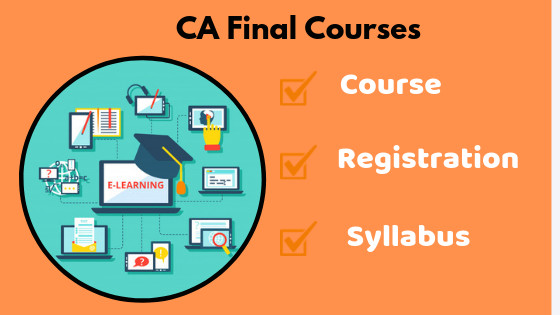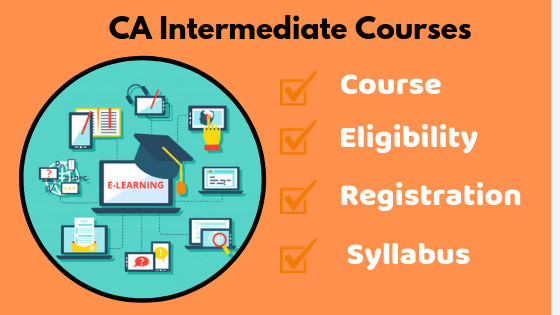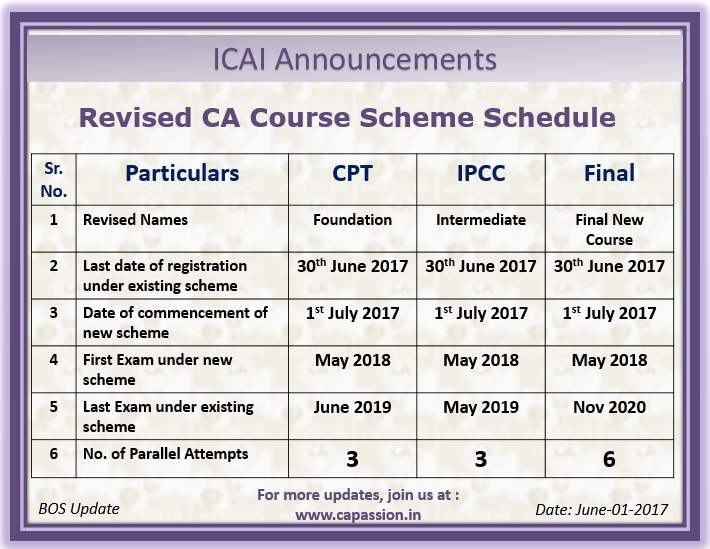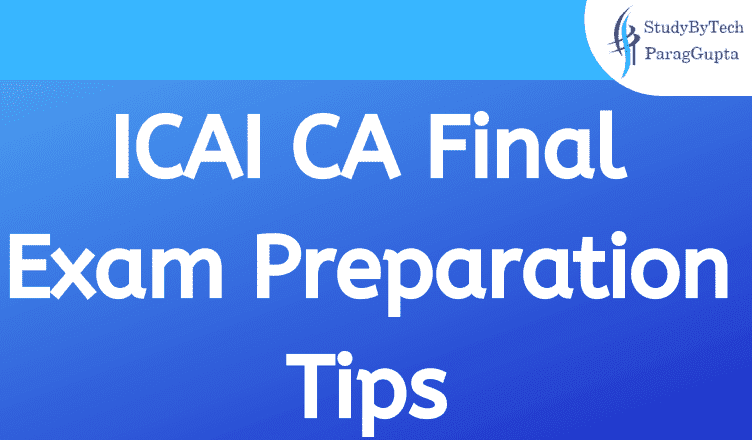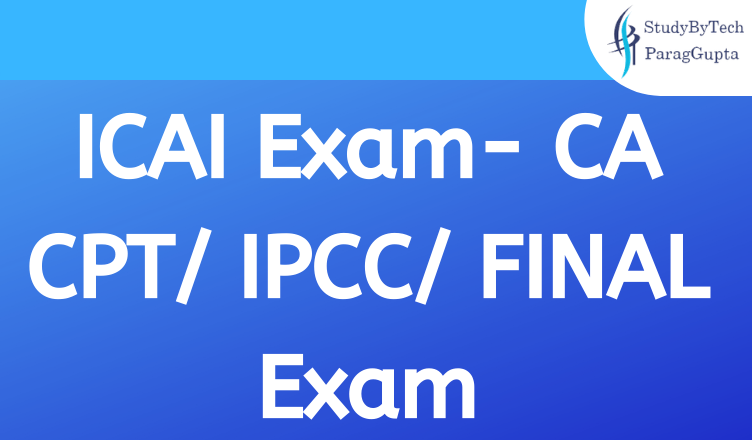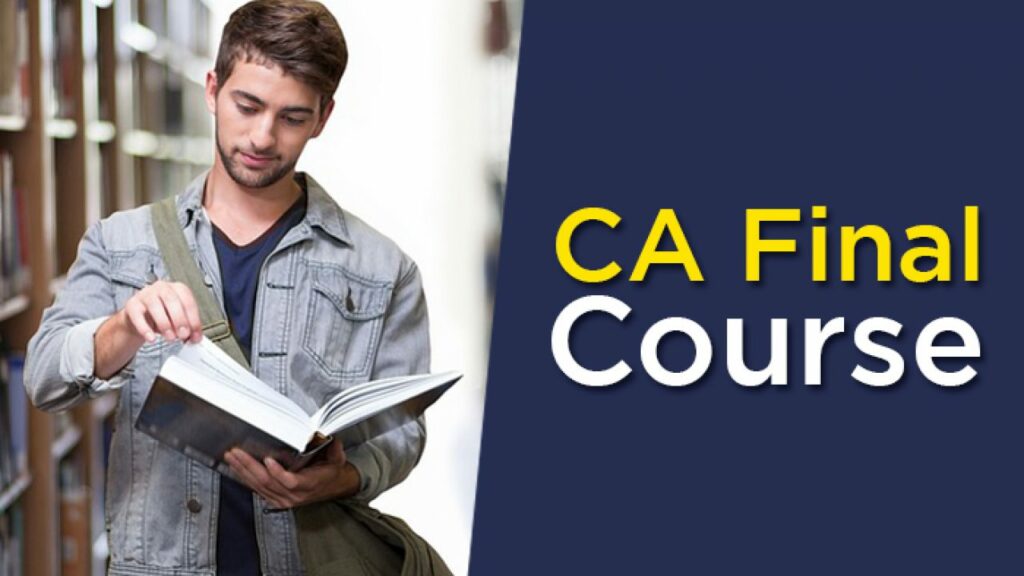CA Final Course
CA Final Course is the last level to become CA. In this level, usually, students are very scared as this level comes with lots of pressure from family and comparison with the other companions. Although a proper routine of studies and proper diet can help you to get success in the same. Have a look over our other blog Exam Preparation Tips for ICAI and CA Final Students, which will help you to achieve your goal. Below, we have provided you with a glimpse of CA Final syllabus, it’s subjected (with marks) and the process of its registration. This is the last stage of the Chartered Accountancy curriculum. The unique feature of the entire theoretical education of the Chartered Accountancy curriculum is the supportive and complementary practical training. A student would undergo theoretical education and three years of practical training compulsorily during the course of Chartered Accountancy. This balanced approach helps the students to appreciate the underlying practical applications of the theoretical education scheme Students after qualifying both the groups of Intermediate Examination are eligible to register for CA Final Course and would be allowed to appear in CA Final Examination during last six months of practical training after successful completion of Four Weeks Advanced Integrated Course on Information Technology and Soft Skills (AICITSS). Final Course registration is valid for 5 years and can be revalidated any number of times for further 5 years period by paying revalidation fee of Rs. 500/- or as decided by the Council from time to time Subjects covered in CA Final Course Group I Paper-1: Financial Reporting (100 Marks) Paper-2: Strategic Financial Management (100 Marks) Paper-3: Advanced Auditing and Professional Ethics (100 Marks) Paper-4: Corporate and Economic Laws (100 Marks) Part I: Corporate Laws (70 Marks) Part II: Economic Laws (30 Marks) Group II Paper-5: Strategic Cost Management and Performance Evaluation (100 Marks) Paper-6: Elective Paper (100 Marks) (One to be chosen from the list of Elective Papers) Elective Papers 6A Risk Management 6B Financial Services & Capital Markets 6C International Taxation 6D Economic Laws 6E Global Financial Reporting Standards 6F Multi-disciplinary Case Study Paper-7: Direct Tax Laws & International Taxation (100 Marks) Part I: Direct Tax Laws (70 Marks) Part II: International Taxation (30 Marks) Paper-8: Indirect Tax Laws (100 Marks) Part I: Goods and Service Tax (75 Marks) Part II: Customs & FTP (25 Marks) The subjects of the CA final course are classified into two groups which a student can study and appear in the examination group-wise or both the groups together. Download ICAI CA Final Course PDF – Click Here CA Final Courses Registration A candidate has to register for CA Final Course by filling Online Registration Form available on ICAI website (www.icai.org) in “Course Registration Forms” under “Students tab”. CA Final Students While filling the online form, candidates should take care of the following: After filling the Online Form pay the required fees online using the payment gateway. On successful payment, the system will automatically generate the Form, which is to be printed Following documents are to be submitted to concerned Regional Office within 7 days of the date of online registration along with the print out of the online registration form, duly signed by the candidate. Attested copy of proof of Nationality if the student is a foreigner. Attested copy of proof of special category certificate,i.e, SC/ST, OBC, Differently abled. The form and documents are to be submitted in consonance with the address at the following Regional Offices: Download ICAI CA Final Course Registration PDF – Click Here CA Final Courses Syllabus. Download ICAI CA Final Courses Syllabus – Download Here

